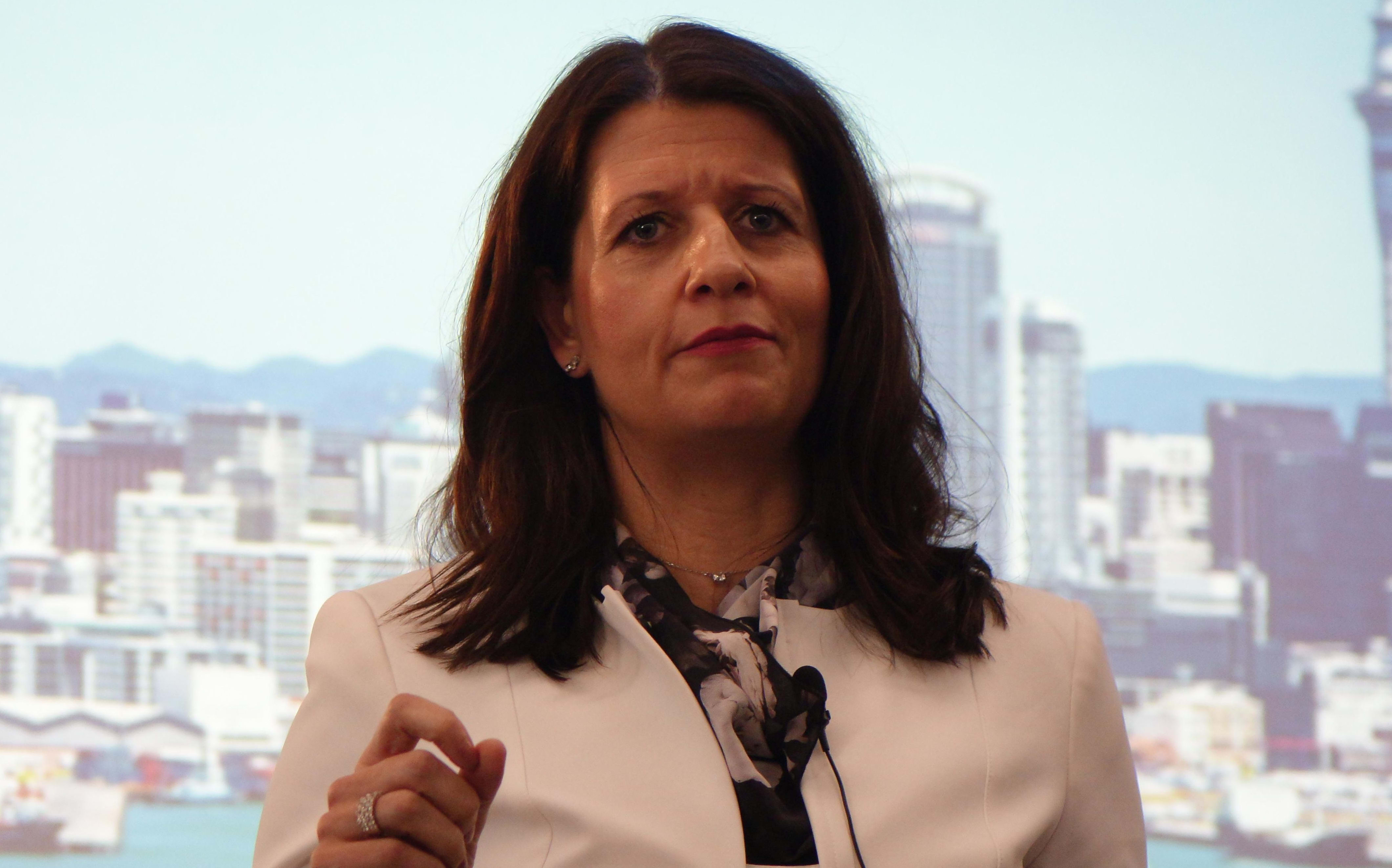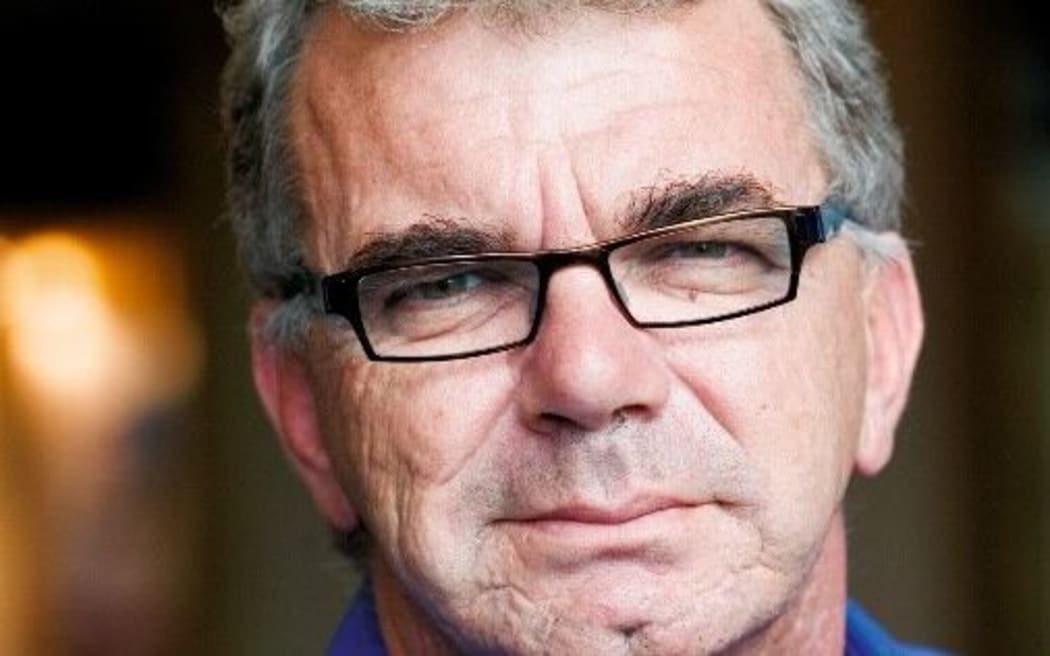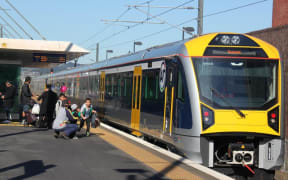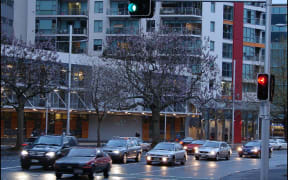A pledge by the centre-right to cut Auckland Council's budgets by hundreds of millions of dollars will not necessarily result in rates being cut.
Mayoral hopeful Vic Crone and the National Party-backed Auckland Future unveiled in April a pledge promising to cut wasteful spending by $500 million over eight years.

Auckland mayoral candidate Vic Crone Photo: RNZ / Todd Niall
Now they say those savings would be shifted into priority projects, rather than cut from rates bills.
The fiscal responsibility policy, to which all Auckland Future candidates would be bound, promised wasteful back office spending would be cut, residential rates rises held at an average 2 percent, staff costs cut and debt reduced at a faster rate.
But in her newly-released transport policy, Vic Crone talks about recycling the $500m cuts to accelerate some key transport projects.
Ms Crone said she chose not to spell out in April that the savings would be spent elsewhere. However the pledge to cap rate rises at 2 percent remained.
"It was always the intent and I did allude to it, but clearly I wasn't going to launch my fiscal and transport policy at the same time so it's about making sure we get the campaign timing right as well.
"That money was always going to be invested in infrastructure for Auckland."
The only sitting councillor who has signed up to Auckland Future, Denise Krum, agreed the plan from the outset was always to spend those savings.
"That always has been our intention, we can see what the growth figures are and we can see that the infrastructure spend's going to be needed," she said.
The fiscal policy is Auckland Future's core plan - independent centre right candidates who do not sign up to it risk having an Auckland Future candidate run against them.
Independent candidate Bill Ralston who is standing in the central Waitemata Ward signed up but leans more to the $500m savings putting less demand on ratepayers.
"I would think that would be the overall hope, but it may well be that we have an urgent priority for example, in that transport area, where we have to throw money at it," he told RNZ News.

Bill Ralston Photo: Twitter
The government's recent announcement that it will support some form of road charging in Auckland, but only in the longer term, raises questions about medium term transport funding.
The council's three-year interim transport levy of $113 per household is due to expire in 2018 - a date based on an assumption that road pricing could kick-in then.
That raises the question about whether the 2 percent residential rate rise cap in the pledge, precludes the levy being extended to maintain the higher level of transport spending.
Ms Crone intends the levy to end as planned.
"It is an interim levy and that's the way I'm approaching it, not as a permanent charge," said Ms Crone.
Mr Ralston thinks the levy should continue.
"I can't speak on behalf of Auckland Future, but the interim transport levy will almost certainly have to be extended beyond the three year period," he said. Ms Krum was less emphatic.
"Our policy doesn't automatically guarantee a renewal of the interim transport levy," she said.
It will be only weeks before October's election that the joint council and government approach to future transport investment produces a clearer picture.
Mayoral candidates Phil Goff and Mark Thomas have nevertheless pledged not to continue the Interim Transport levy, but find other ways if necessary to fund transport needs.



